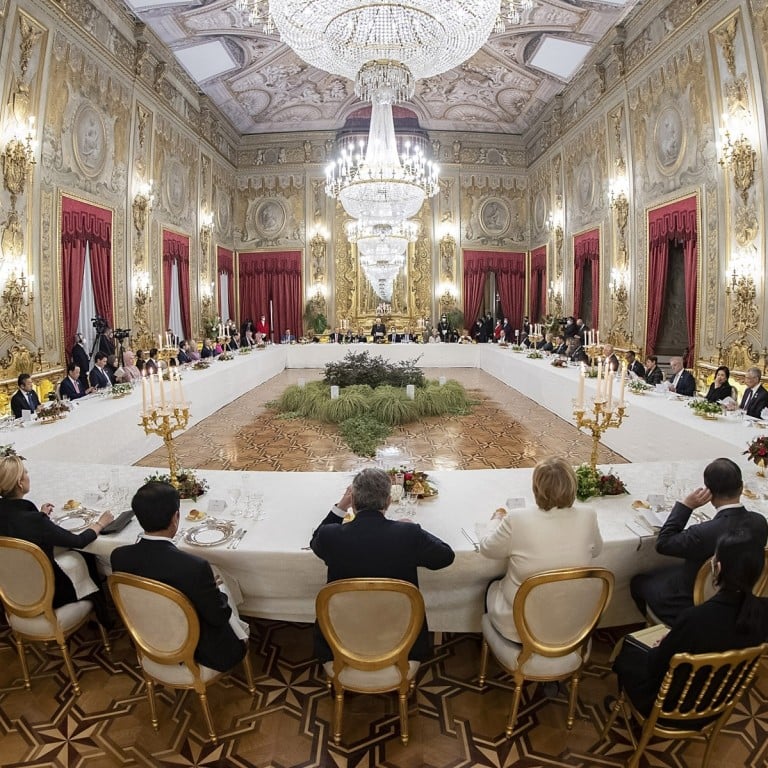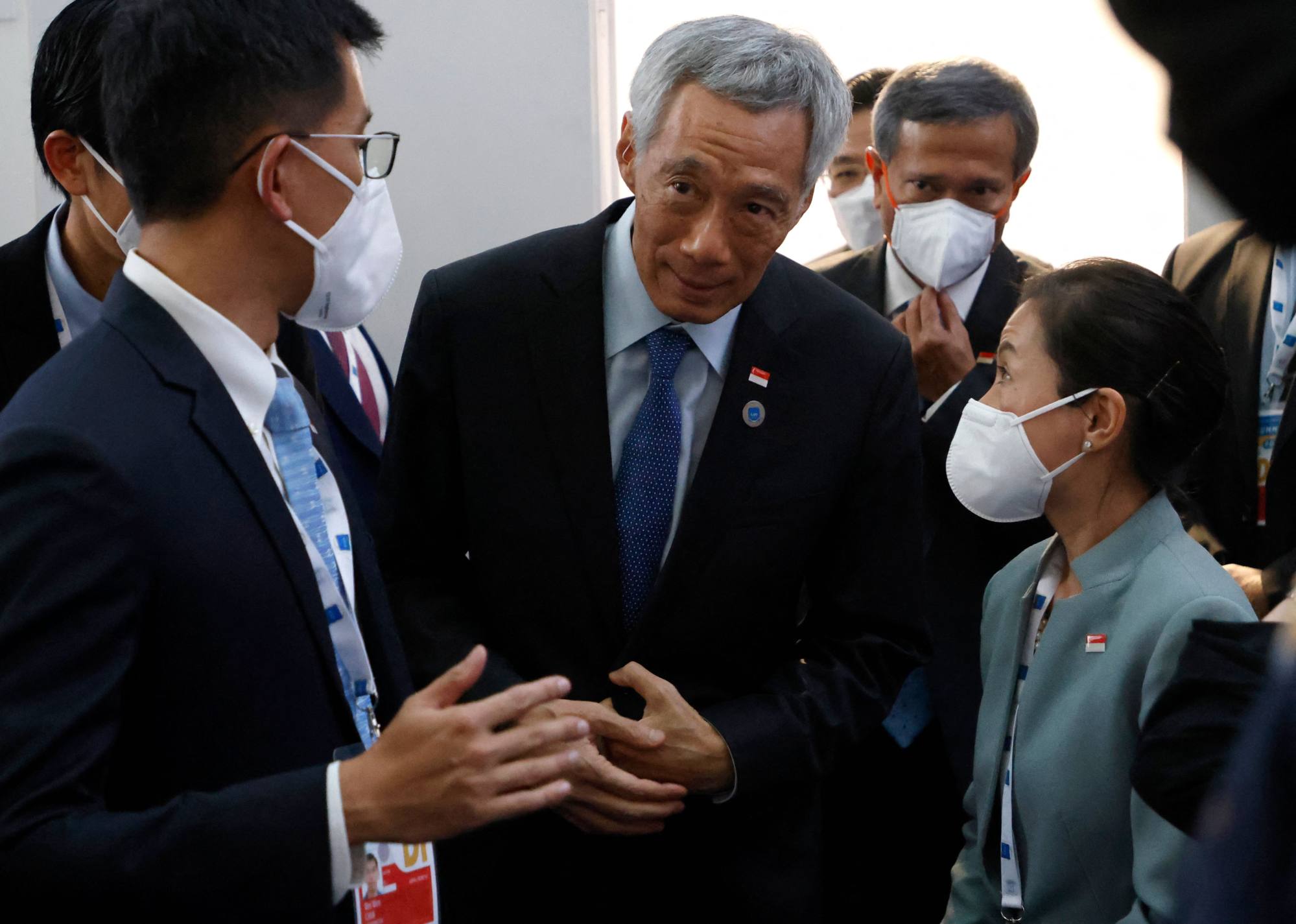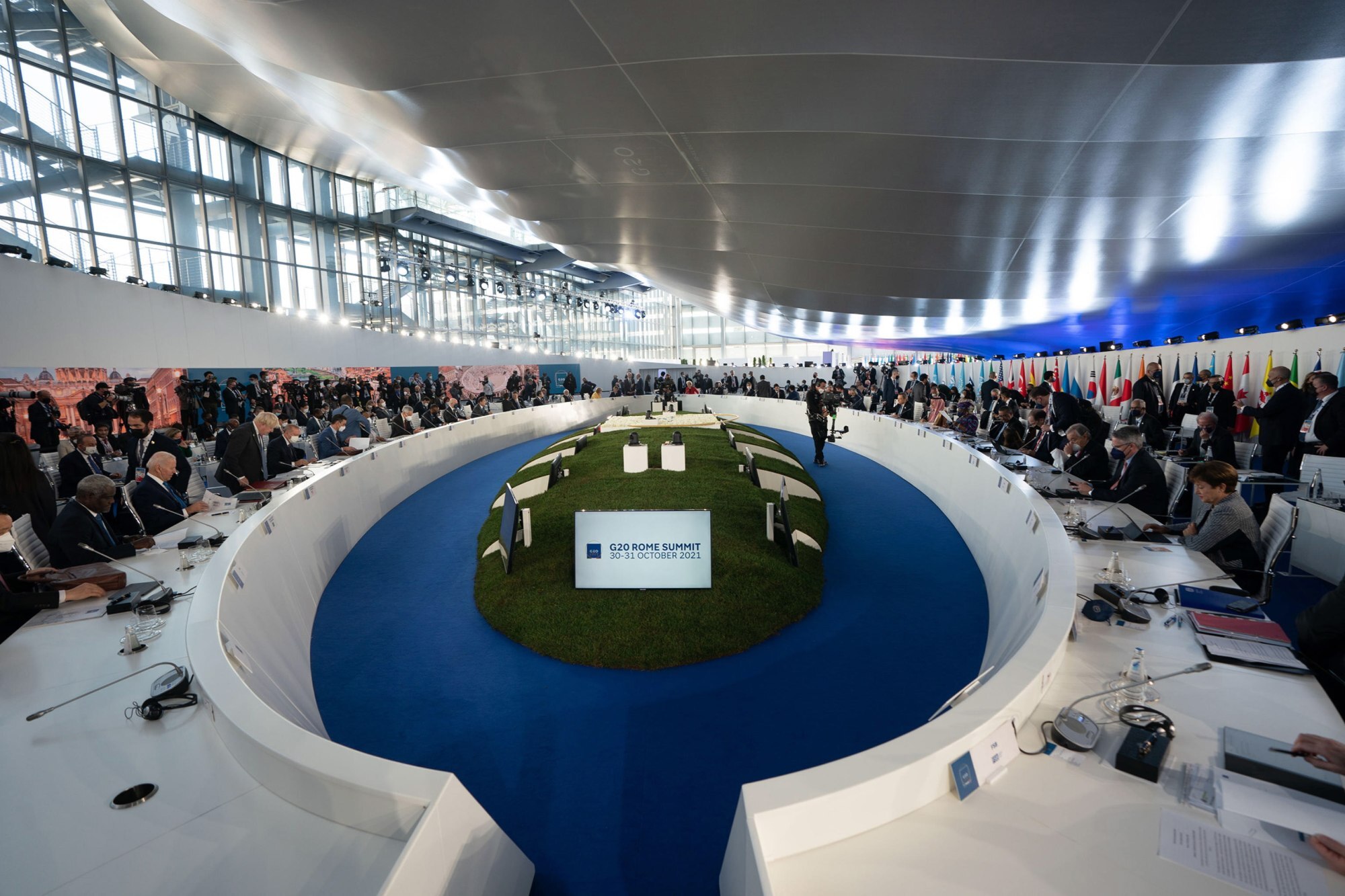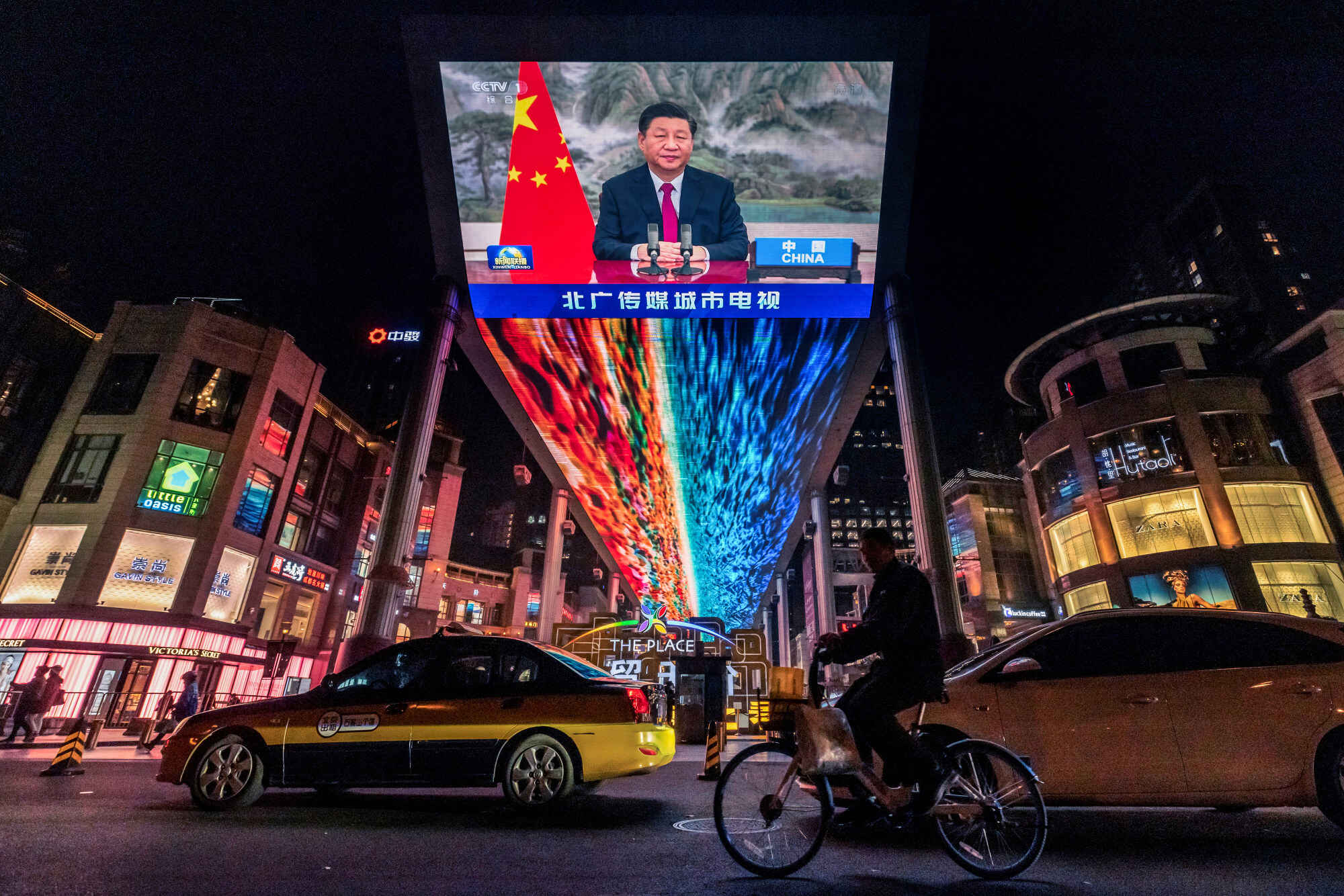
Singapore mulls ways to remain magnet for wealthy investors after G20 corporate tax deal
- Global minimum tax not a ‘deal breaker’ but could affect American firms seen as strategic investors
- Singapore, Hong Kong now need to sharpen non-tax incentives, be more business friendly
“I foresee there will be tougher competition for us. But we will take it in our stride,” he said.
Singapore has a corporate tax rate of 17 per cent but its Economic Development Board has long offered priority investors grants and other schemes that reduce the effective rate to as little as 4 per cent in some cases. Its political stability and strong legal system are also factors that have incentivised billionaires including Facebook co-founder Eduardo Saverin and hotpot chain Haidilao boss Zhang Yong to sink their roots in Singapore, snapping up flashy properties in the process.

Singapore has consistently been the top destination for foreign capital inflows in Southeast Asia. According to a United Nations investment report, the city state accounted for 67 per cent of total investments in the region last year, with US$91 billion worth of capital inflow.
Finance Minister Lawrence Wong had in July told lawmakers that about 1,800 multinational firms in the city state would be affected by the tax deal, with a “majority” of them paying an effective tax rate of below 15 per cent. At the time, he said it was still too early to work out the exact impact the agreement would have on Singapore.
Analysts and economists agreed that Singapore had reasons to be concerned, but stressed the tax agreement would not be a “deal breaker” for foreign companies seeking to base themselves there.
Vinod Thomas, a former senior vice-president at the World Bank, said it would affect Singapore’s financial attractiveness as a place to invest – though “only modestly”.
“That’s because Singapore’s basic tax rate of 17 per cent is close to the newly proposed floor rate and so the republic still remains competitive on this count in the new tax regime,” he said.

Lawrence Loh, professor at the National University of Singapore, said tax rates – both corporate and individual – were major considerations for investors and companies. Corporate tax, he said, would factor “quite crucially” as it directly affected attributable profits.
“With the new minimum tax rate, there will be some tilting effects to sway marginal decisions although the blows are unlikely to be significant or fatal,” he said.
The tax deal, which 136 Organisation for Economic Cooperation and Development (OECD) countries agreed to earlier this year, is expected to be enforced from 2023.
It seeks to prevent multinational firms from diverting their profits to low-tax jurisdictions and aims to slow the “race to the bottom”, where countries slash corporate taxes to attract big firms.
The tax floor will apply to companies with annual revenue of more than €750 million (US$865 million). These conglomerates will pay local governments the domestic corporate tax rate but in cases where this is below 15 per cent, they will pay the remainder to their home governments.
A separate pillar of the deal requires corporations with turnover exceeding €20 billion to allocate 25 per cent of their profits in excess of a 10 per cent margin to the countries where they operate, based on their sales.
Some companies, including those in mining, shipping and regulated financial services, are excluded from the tax deal either because their profits are already tied to the place where they operate, or the activity benefits from different taxation regimes due to their specific nature.
How Hong Kong can keep its edge after G7 tax deal
Measured impact
Chua Hak Bin, a Maybank Kim Eng economist, said that there might be “material” upside risks from the global tax floor for the city state, when it came to US firms.
There are more than 4,500 American firms in Singapore, and Chua projected that more than 60 per cent of them might lose some tax benefits. The estimated effective tax rate that US multinational corporations in Singapore pay is about 4 per cent, among the lowest tax rates that American firms are paying globally, after Bermuda, the Cayman Islands and Puerto Rico.
As they pay a low effective tax rate, the upside risks would be significant even from a partial increase towards the 15 per cent mark, he said.

Yet on balance, the impact of the tax floor on Singapore would be measured, Chua said. This was because financial and shipping sectors, which together make up close to a fifth of Singapore’s GDP, have been excluded from the deal. Other countries, he said, would also not be allowed to “undercut” the rules.
In June, after the Group of Seven’s (G7) agreement on the tax floor, Hong Kong’s Financial Secretary Paul Chan Mo-po said the city could feel “restrained” as it had used low tax rates to promote the development of some sectors. But experts said that as in the case of Singapore, it was hard to ascertain the full impact of the tax floor.
Why Hong Kong and Singapore should tax wealth more
Being more business friendly
Analysts said one way for Singapore to sharpen its edge over other cities would be to boost its business-friendly policies.
Loh said Singapore could strengthen its non-tax incentives, such as land or facility access, business starting costs, and import and export facilitation.
“Singapore will have to rely on its more critical fundamentals such as skilled workers, innovative technologies, sound regulations and political stability to continue to remain attractive,” he added.
Sum Yee Loong, a professor of accounting at the Singapore Management University, said that with the new tax deal, it would be counterproductive to have incentives that either exempted companies from paying tax or brought down their tax rates.
Instead, the Singapore government could consider measures such as grants for the specialised training of staff and for research and development activities.
“As the government is the largest landlord in Singapore, it can provide attractive rentals and give priority [in terms of location] to industries or companies that the government is trying to attract,” he said.
Similarly, Thomas, who is also a visiting professor at the Lee Kuan Yew School of Public Policy, said big multinational firms were attracted to Singapore for its “intangibles”, especially its macroeconomic predictability, strong institutions, depth of financing, and skills in the workforce.

With the global tax floor levelling the playing field for economies, these non-financial factors could play a bigger role in future.
“These attributes are not to be taken for granted in a changing world,” he said. “The new regime does mean the need to strengthen these qualities, especially skills and talents of the workforce. That goes for a range of areas, from digital and technology sectors to human and social sectors.”
Singapore Minister for Trade and Industry Gan Kim Yong touted the pact as “good news” for businesses. Once in effect, the pact will eliminate tariffs on as much as 90 per cent of traded goods, with firms enjoying simplified customs procedures and enhanced investment rules.
For Hong Kong, analysts cautioned that some of the tax perks that the city uses to attract foreign investments would be eroded. For instance, there is no tax on offshore interest income or share-trading profits derived from transactions executed on an exchange abroad.
Loh, the professor, said foreign firms with headquarter activities in Hong Kong might be particularly affected by the new tax regime and might review their locational advantages.
But Hong Kong has one huge draw. “The compelling advantage is the proximity to the large China hinterland market. This may outweigh any marginal tax consideration,” he said. “It’s a matter of balancing – the Chinese market advantage may be more critical in the trade-off.”

